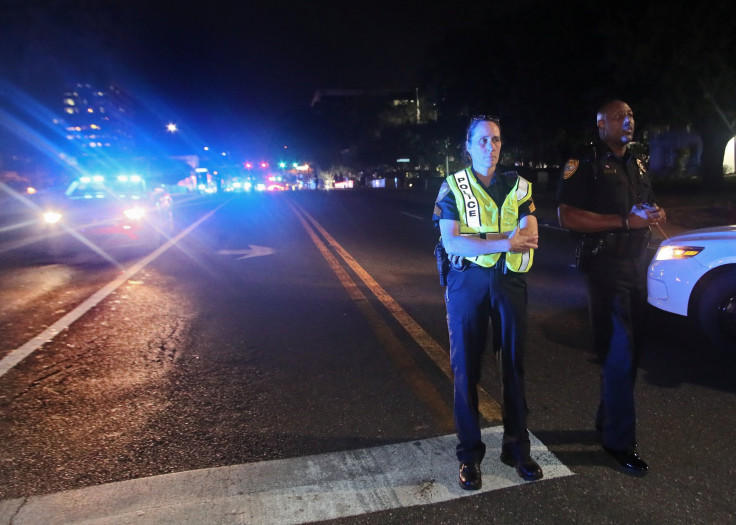Police Racism 2016: Driving While Black Means Getting Pulled Over And Searched For Many African-Americans

More black motorists were stopped and searched by police than white drivers in Maryland between 2013 and this year, according to data from the Maryland Statistical Analysis Center. The statistics taken from Baltimore Country, where black drivers made up 50 percent of traffic stops and 53 percent of vehicles searches despite representing 27 percent of the population, are similar to those taken in counties across the United States, according to nationwide reports.
While black divers stopped in suburban counties in Maryland were more likely to have their cars searched, they were less likely to be found carrying illegal contraband than whites, the Baltimore Sun reported Wednesday.
In Howard County, which is roughly a 30-minute car ride southwest of Baltimore, 16 percent of black motorists who were stopped and had their cars searched were found to have illegal contraband compared with 23 percent of white drivers.
Nationwide, black drivers were 31 percent more likely to be pulled over than whites, the Washington Post reported in 2014. Black drivers were more than twice as likely to be subject to police searches as white drivers.

In Nashville, Tennessee, Metro Nashville Police Department consent searches failed to yield incriminating evidence 88.4 percent of the time, and evidence of unlawful activity was more likely to be found while searching white drivers than black and Hispanic ones, according to a 2016 report titled “Driving While Black.” Gideon’s Army, a group of grassroots activists worked with community organizations to create the 200-page report based on public records and interviews with black drivers.
In Minneapolis, black drivers were stopped at a rate of 152 percent more, according to a 2003 Minnesota Statewide Racial Profiling Report looking at 65 different Minnesota cities and counties. Though black Americans made up 3.5 percent of the state population in 2003, they were pulled over in 30 percent of traffic stops that year.

Nationwide, 13 percent of black drivers were pulled over in a traffic stop in 2011, according to a 2013 U.S. Department of Justice report. Approximately 80 percent of drivers pulled over by police said they thought they had been stopped for a valid reason in 2011, according to a 2011 Office of Justice Programs report. But roughly 68 percent of black drivers believed police had a legitimate reason for stopping them compared to 84 percent of whites.
Despite being an elected official, Tim Scott, the lone Republican black senator from South Carolina, said he was pulled over seven times by law enforcement in the course of one year during a 18-minute speech on the Senate floor on Jul. 14. Though Scott said that it was a “difficult” speech to make due to its personal nature, he said he wanted to share his experiences to dramatize the “deep divide between the black community and law enforcement.”
“We cannot ignore these issues. Because while so many officers do good ― and we should be very thankful in support of all those officers that do good ― some simply do not. I’ve experienced it myself,” said Scott.
© Copyright IBTimes 2024. All rights reserved.












